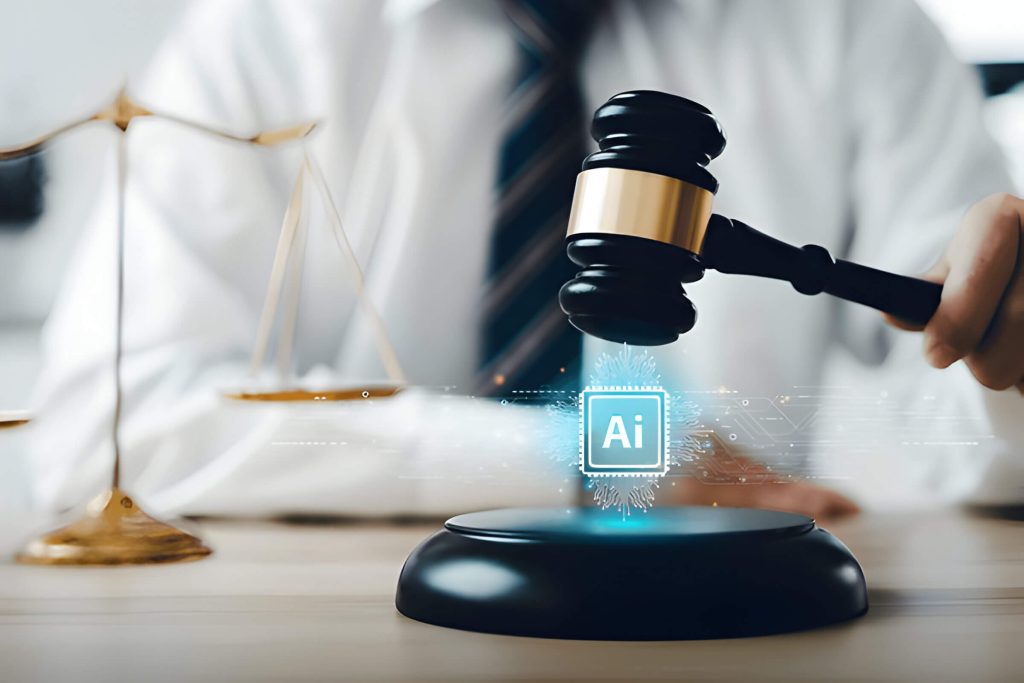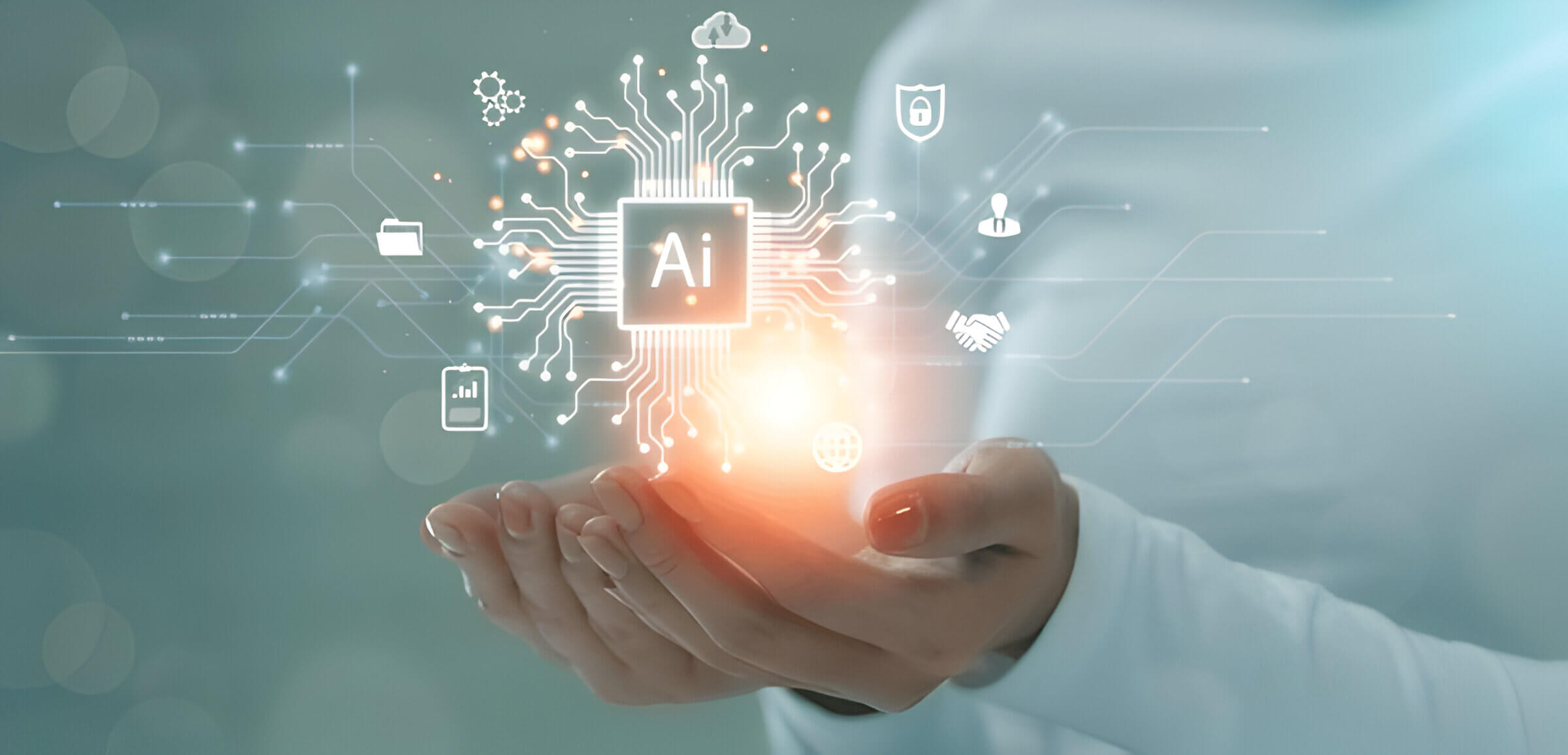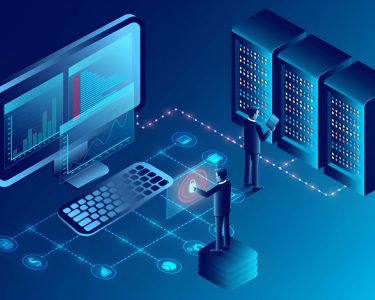AI is revolutionizing the world, transforming industries and challenging our understanding of human capabilities. This rapidly evolving field creates intelligent machines to perform tasks traditionally requiring human intelligence. As AI advances, it brings opportunities and challenges, reshaping our work, life, and interaction with technology. This introduction explores AI’s core concepts, applications, and implications on our present and future.
What is AI Technology? Understanding the Basics
Artificial Intelligence (AI) refers to the development of computer systems capable of performing tasks that typically require human intelligence. These tasks include visual perception, speech recognition, decision-making, and language translation. At its core, AI aims to create machines that can mimic human cognitive functions and adapt to new situations.
Machine learning, a subset of AI, focuses on algorithms that enable computers to learn from and make predictions or decisions based on data. This approach allows systems to improve their performance over time without explicit programming. Neural networks, inspired by the human brain’s structure, are a key component of machine learning, particularly in deep learning applications.
Deep learning, an advanced form of machine learning, utilizes multiple layers of neural networks to process complex data and extract high-level features. This technique has revolutionized fields such as image and speech recognition, natural language processing, and autonomous vehicles.
Cognitive computing, another branch of AI, aims to simulate human thought processes. It combines various AI technologies to create systems that can understand, reason, and learn from interactions with humans and their environment.
As AI continues to evolve, its applications span across numerous industries, from healthcare and finance to manufacturing and entertainment, reshaping the way we live and work.
The Core Functions of AI Technology
AI technology encompasses several core functions that enable machines to mimic human intelligence and perform complex tasks. Data processing forms the foundation of AI systems, allowing them to analyze vast amounts of information quickly and efficiently. Pattern recognition algorithms enable AI to identify trends and correlations within data sets, leading to valuable insights and predictions.
Decision-making algorithms are crucial components that allow AI systems to make choices based on available information and predefined criteria. These algorithms can range from simple rule-based systems to sophisticated machine learning models that adapt and improve over time.
Natural language processing (NLP) is another key function of AI, enabling machines to understand, interpret, and generate human language. This technology powers chatbots, voice assistants, and translation services, bridging the communication gap between humans and machines.
Computer vision is an essential AI function that allows systems to interpret and analyze visual information from the world around them. This technology is used in facial recognition systems, autonomous vehicles, and medical imaging analysis, among other applications.
By combining these core functions, AI technology continues to advance and find new applications across various industries, revolutionizing the way we work, communicate, and solve complex problems.
Key Benefits of Implementing AI in Various Industries
Implementing AI across various industries offers numerous advantages that can revolutionize business operations. One of the primary benefits is increased efficiency, as AI-powered systems can process vast amounts of data and perform complex tasks at speeds far beyond human capabilities. This enhanced productivity often leads to significant cost reduction, allowing companies to allocate resources more effectively.
AI also brings improved accuracy to many processes, minimizing human errors and ensuring consistent results. This is particularly valuable in fields such as healthcare, finance, and manufacturing, where precision is crucial. Moreover, AI enables unprecedented levels of personalization, allowing businesses to tailor their products, services, and marketing efforts to individual customer preferences and behaviors.
Automation is another key benefit of AI implementation. By automating repetitive tasks and routine processes, businesses can free up human workers to focus on more creative, strategic, and value-added activities. This not only boosts overall productivity but also enhances job satisfaction and innovation within organizations.
As AI continues to evolve, its potential to transform industries and create new opportunities for growth and innovation becomes increasingly apparent, making it a critical technology for businesses looking to stay competitive in the modern marketplace.
AI’s Impact on the Job Market and Workforce
AI’s impact on the job market and workforce is multifaceted, presenting both challenges and opportunities. While job displacement is a concern, with certain roles becoming automated, AI is also creating new career opportunities in fields such as data science, machine learning engineering, and AI ethics. Skill adaptation is crucial for workers to remain relevant in this evolving landscape, with emphasis on developing competencies that complement AI capabilities.
Human-AI collaboration is emerging as a key trend, where AI augments human skills rather than replacing them entirely. This symbiotic relationship can lead to increased productivity and innovation across various industries. The workforce transformation brought about by AI necessitates a shift in education and training programs to equip individuals with the skills needed for future jobs.
As AI continues to advance, it’s essential for policymakers, businesses, and educational institutions to work together to ensure a smooth transition and minimize potential negative impacts on employment. By embracing AI’s potential while addressing its challenges, we can shape a future where technology enhances human capabilities and creates a more dynamic and adaptable workforce.
Ethical Considerations and Challenges in AI Development

As AI technology continues to advance rapidly, it’s crucial to address the ethical considerations and challenges that arise during its development and implementation. One of the primary concerns is bias in AI systems, which can perpetuate or exacerbate existing societal inequalities. This bias often stems from the data used to train AI models, highlighting the importance of diverse and representative datasets.
Data privacy is another significant issue in AI development. As AI systems process vast amounts of personal information, ensuring the protection of individuals’ privacy rights becomes paramount. Striking a balance between data utilization for AI advancement and safeguarding user privacy remains an ongoing challenge.
AI transparency is essential for building trust in these systems. However, the complexity of many AI algorithms makes it difficult to explain their decision-making processes, leading to the “black box” problem. Developing interpretable AI models and providing clear explanations for AI-driven decisions is crucial for accountability and public acceptance.
Accountability in AI development is also a key concern. Determining responsibility when AI systems make errors or cause harm is complex, especially as these technologies become more autonomous. Establishing clear guidelines and legal frameworks for AI accountability is necessary to address potential issues.
To tackle these challenges, many organizations and governments are working on ethical AI frameworks. These guidelines aim to ensure that AI development aligns with human values, respects individual rights, and promotes fairness and transparency. As AI continues to evolve, ongoing discussions and collaborations between technologists, policymakers, and ethicists will be vital in shaping the responsible development and deployment of AI technologies.
Emerging Trends and Potential Applications of AI
The future of AI is rapidly evolving, with several emerging trends poised to revolutionize various industries. Quantum AI, which combines quantum computing with artificial intelligence, promises to solve complex problems at unprecedented speeds. This technology could potentially transform fields like cryptography, drug discovery, and financial modeling.
Edge AI is another significant trend, bringing AI capabilities directly to devices and sensors. This approach reduces latency and enhances privacy by processing data locally, making it ideal for applications in smart homes, autonomous vehicles, and industrial IoT.
Explainable AI is gaining traction as organizations seek to understand and trust AI decision-making processes. This trend is particularly crucial in sectors like finance and healthcare, where transparency and accountability are paramount.
In healthcare, AI is making remarkable strides. From early disease detection to personalized treatment plans, AI-powered systems are enhancing diagnostic accuracy and improving patient outcomes. Machine learning algorithms can analyze vast amounts of medical data, identifying patterns that humans might miss.
Autonomous systems represent another frontier in AI development. Self-driving cars, drones, and robots are becoming increasingly sophisticated, with potential applications in transportation, logistics, and even space exploration.
As these trends continue to evolve, we can expect AI to play an increasingly integral role in shaping our future, driving innovation across industries and transforming the way we live and work.
Preparing for an AI-Driven World (Education and Adaptation)
As we advance into an AI-driven world, it’s crucial for individuals and organizations to prioritize AI literacy and continuous learning. Educational institutions and businesses are increasingly recognizing the importance of integrating AI-related curricula and reskilling programs into their offerings.
AI education is becoming a fundamental aspect of preparing the workforce for future challenges and opportunities. This includes not only technical skills like programming and data analysis but also critical thinking and ethical considerations surrounding AI implementation.
Lifelong learning is no longer just a buzzword but a necessity in the face of rapid technological advancements. Individuals must embrace ongoing education to stay relevant in their careers and adapt to evolving job markets.
Digital transformation is reshaping industries across the board, making it essential for employees at all levels to understand the basics of AI and its potential applications in their respective fields. By fostering a culture of continuous learning and adaptation, we can better navigate the complexities of an AI-driven future and harness its benefits for societal progress.






